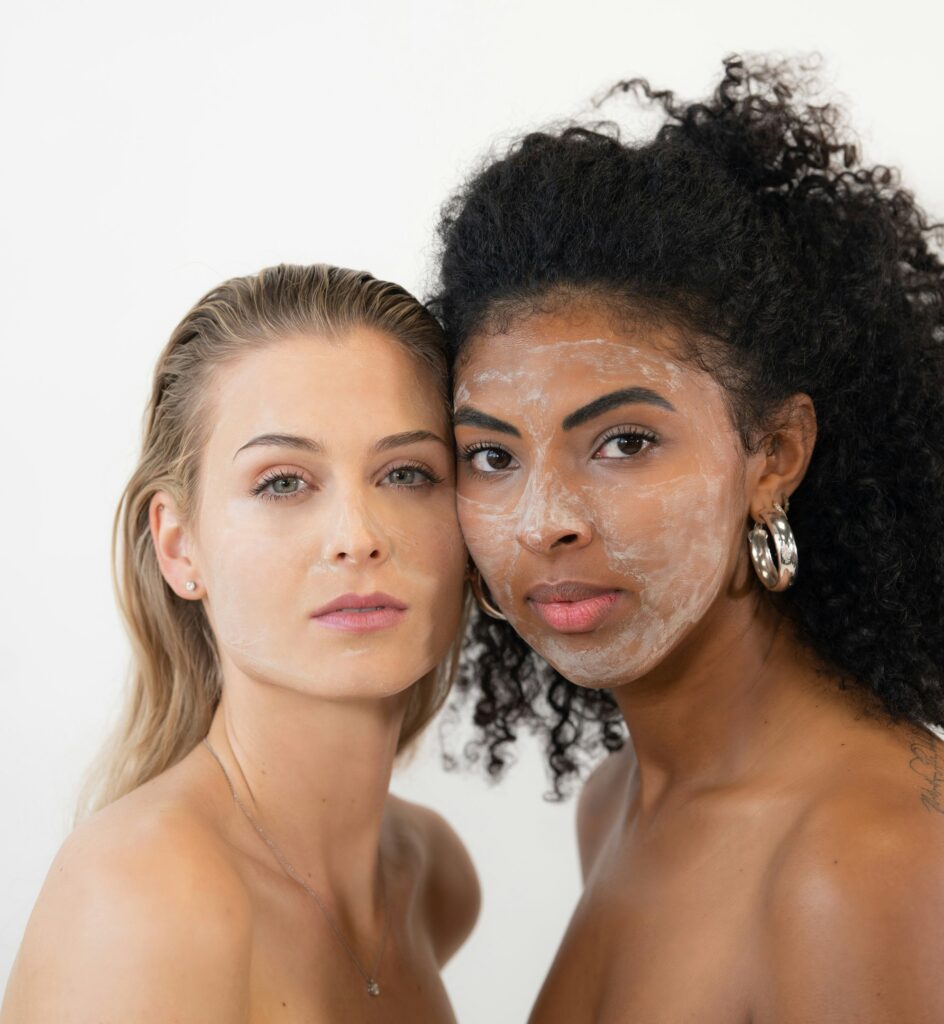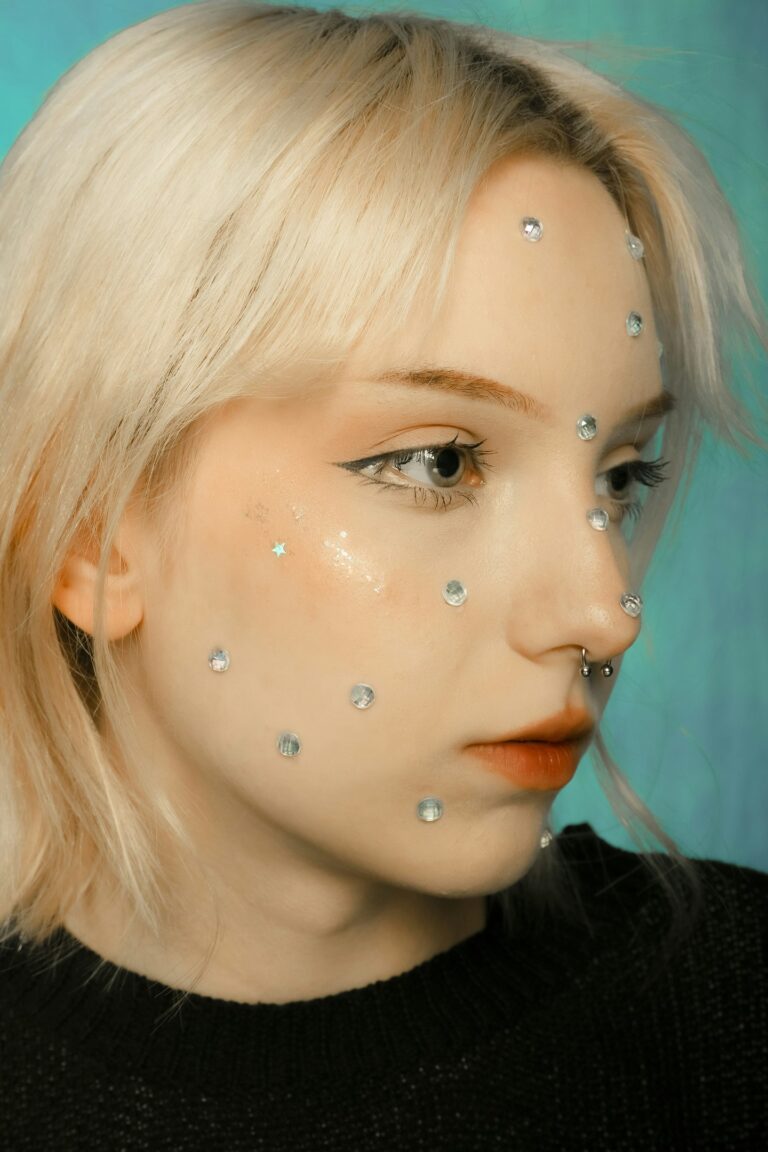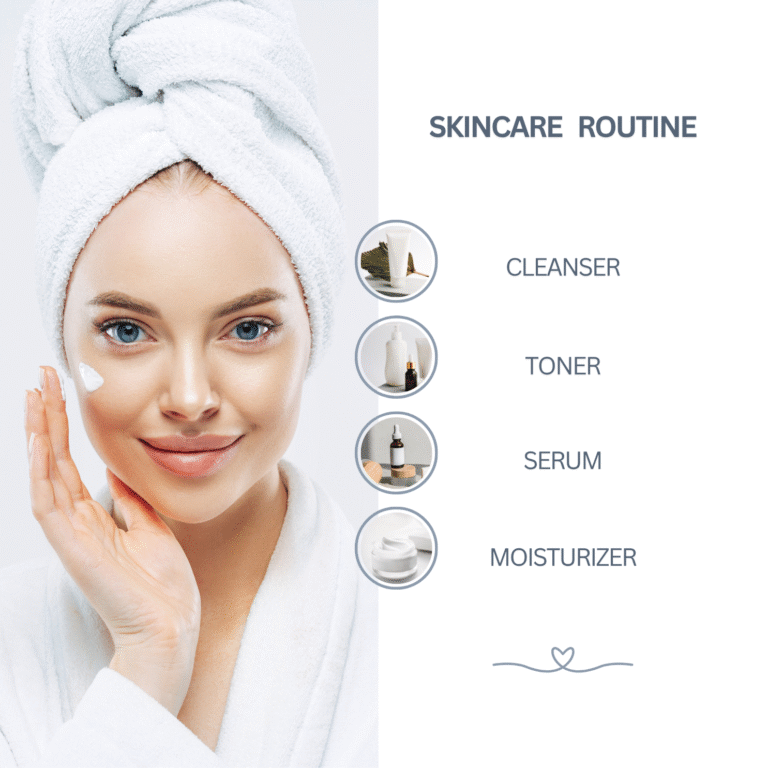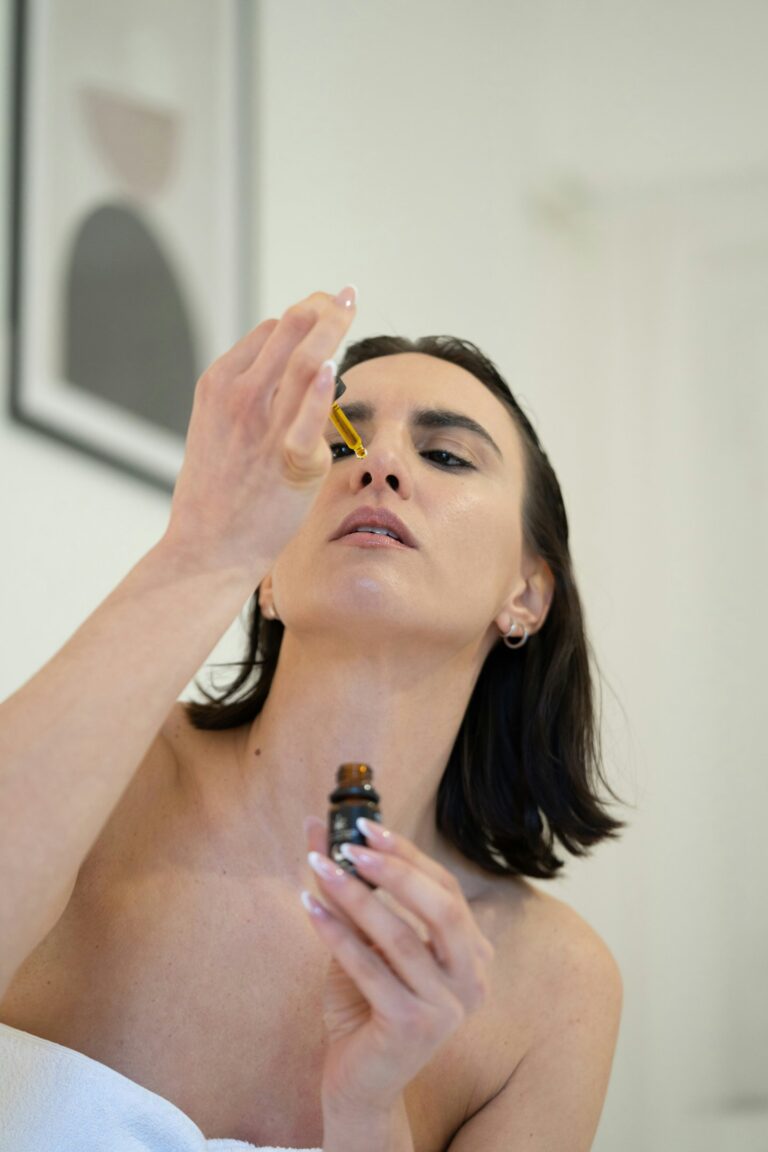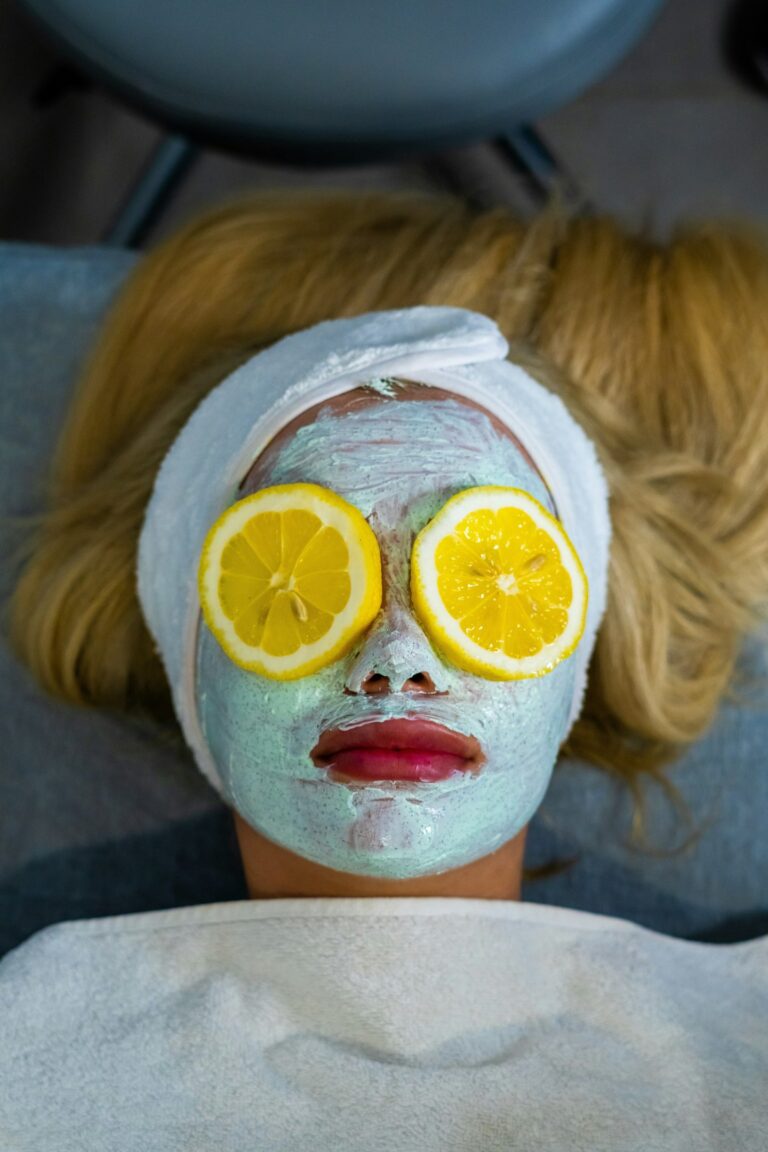Sensitive Skin vs Reactive Skin: Key Differences and Care Tips in 2025
Today we are looking to find out sensitive skin vs reactive skin differences in 2025. Learn expert tips to soothe irritated skin and achieve a radiant glow.
Your skin’s acting up like red, itchy or stinging after a new product. Sound familiar? If you are wondering whether you have sensitive skin or reactive skin but you are not alone. Sensitive skin vs reactive skin is a trending topic in 2025 as people seek personalized solutions for skin sensitivity. Knowing the difference between the two can unlock the secret to calm and glowing skin. this blog will let you know to share practical ways to care for your unique skin.
Skin issues can feel like a puzzle for everyone. Are you born with delicate skin or is something in your routine causing a flare up? Understanding your skin’s needs is the key to a healthy complexion. This elaboration will explain the differences to offer soothing skincare tips and suggest products to help you glow with confidence. Start by confirming your skin type with our skin type guide.
What Is Sensitive Skin?
Sensitive skin is a skin type you are born with like having freckles or curly hair. It has a thinner barrier, making it prone to irritation from products weather or even stress. People with sensitive skin often deal with redness dryness or a tight feeling, especially after using fragranced creams or harsh cleansers. It is like your skin’s always on high alert ready to react to the smallest trigger.
Signs of Sensitive Skin
- Redness or flushing, often on cheeks or nose is a clear sign.
- Stinging or burning with new products
- Dry, flaky red patches that feel tight
- Irritation from weather changes or scented products
Caring for sensitive skin means keeping things gentle and simple. Fragrance free products with soothing ingredients like aloe vera or chamomile can work wonders for most people. A hydrating moisturizer locks in moisture and calms redness. For a tailored approach just try building a routine with products designed for delicate skin to keep irritation at bay.

Image Credit: Artem Podrez via Pexels
What Is Reactive Skin?
Reactive skin, also called sensitized skin, is not a skin type but it is a temporary condition. It happens when your skin’s protective barrier gets weakened by external factors like harsh products stress or weather changes and harm your skin. Unlike sensitive skin, reactive skin can affect anyone whether you have oily dry, or combination skin. Think of it as your skin throwing a temporary tantrum when it is overwhelmed.
Common Causes of Reactive Skin
- Overusing exfoliants or actives like retinol or glycolic acid can cause damage
- Harsh weather like wind cold or intense sun
- Allergic reactions to ingredients like fragrances or dyes
- Stress hormonal shifts or diet changes also a big reasons
Reactive skin often shows up as redness itchiness or small bumps but calms down easily once triggers are removed. For example switching to a gentle cleanser can help restore balance of your skin. If you suspect specific triggers like diet or stress, keeping a skin diary can help pinpoint the cause.
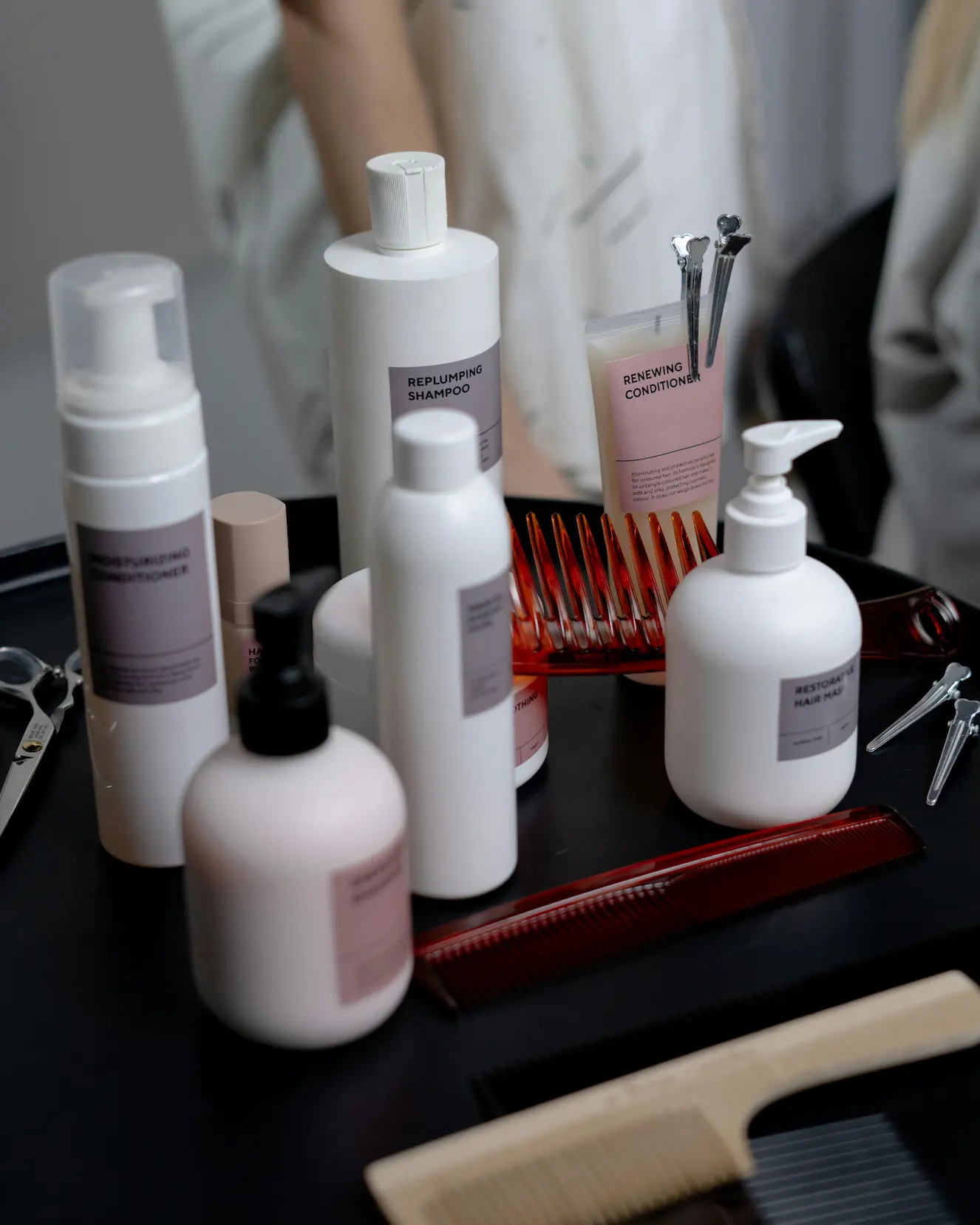
Image Credit: Cottonbro via Pexels
Sensitive Skin vs Reactive Skin: A Side-by-Side Comparison
To go through entire confusion, let us compare sensitive skin vs reactive skin directly. While both can cause irritated skin, their causes duration and care needs differ. Here is a detailed table to break it down:
| Feature | Sensitive Skin | Reactive Skin |
|---|---|---|
| Definition | A genetic skin type with a thin barrier | A temporary condition from external triggers |
| Duration | Lifelong trait | Temporary, resolves with trigger removal |
| Common Triggers | Fragrances, alcohol based products and weather | Harsh actives, stress, diet and environment |
| Symptoms | Redness dryness stinging, tightness | Redness itchiness, bumps burning |
| Care Approach | Gentle, fragrance-free products, consistent routine | Simplify routine, repair barrier, avoid triggers |
This table shows that sensitive skin is a constant trait while reactive skin is more like a phase. For instance sensitive skin might always react to scented lotions but reactive skin might only flare up after using a new exfoliant. WebMD explains that sensitive skin often has a genetic basis, while reactive skin stems from environmental or lifestyle factors. This broader distinction helps you choose the right products like a calming serum for sensitive skin or a barrier repair cream for reactive skin care.
How to Tell Which You Have
- Does your skin react to most products, even gentle ones? Most likely sensitive.
- Do flare ups happen after specific events like stress or a new cleanser? Probably it is reactive.
- Track patterns: Sensitive skin shows consistent reactions; reactive skin flares up sporadically.
How to Treat Sensitive Skin
Sensitive skin thrives mostly on simplicity and consistency. Stick to a minimal routine with fragrance free, hypoallergenic products to avoid irritation. Ingredients like aloe vera, chamomile or centella asiatica can soothe skin sensitivity and reduce redness. A rich moisturizer easily locks in hydration and strengthens your skin’s barrier helping it stay calm over time.
Avoid harsh exfoliants, alcohol based toners or heavily scented creams, as these can trigger stinging or redness. Instead, so just opt for a mild cleanser followed by a hydrating serum to keep your skin happy. Sunscreen is also crucial so choose a physical formula with zinc oxide to protect without irritation. For affordable sunscreens, there are plenty of options that work for delicate skin. If you are over 30, our skincare routine for women over 30 offers tips to address sensitivity and aging concerns.
Tips for Sensitive Skin Care
- Always do Patch test for new products on your inner arm for 24 hours. Use lukewarm water to wash your face to avoid stripping oils.
- Pick hypoallergenic fragrance free formulas for all products.
- Apply sunscreen daily, even indoors to shield delicate skin.
- Limit actives like retinol to once or twice a week if at all needed.
Building a Routine for Sensitive Skin
Start by using a gentle cleanser to remove dirt without drying your skin to make it properly clean. Follow with a soothing toner or essence to prep your skin for moisture. A lightweight serum with calming ingredients works wonders and a moisturizer seals everything in. At night consider a richer cream to repair your skin while you sleep. For a full routine, see our nighttime skincare routine for step by step tips. If you are dealing with dryness around specific areas, our guide on dry skin around the nose can offer targeted advice.

Image Credit: Ekaterina Bolovtsova via Pexels
How to Treat Reactive Skin
Reactive skin needs a reset to recover. First simplify your routine by cutting out actives like retinol, glycolic acid or vitamin C for at least a week. Focus on repairing your skin’s barrier with ingredients like ceramides, niacinamide or hyaluronic acid. A rich moisturizer can help you lock in moisture and reduce redness thereby giving your skin a chance to heal.
Keep a skin diary to track flare ups. Did a new cleanser cause itching? Was it a stressful and tiring week or a change in diet? Pinpointing triggers helps you avoid them. For example if over exfoliating is the issue, skip scrubs and try a gentle face mask instead. Once your skin calms down, reintroduce products slowly to avoid overwhelming it.
Tips for Reactive Skin Care
- Try and pause all actives and stick to basics: Use cleanser moisturizer sunscreen.
- Use a barrier repair cream with ceramides or fatty acids.
- Avoid makeup during flare ups to let your skin breathe easily.
- Check ingredient lists properly for common irritants like alcohol or fragrances.
- Stay hydrated and manage stress to support skin recovery.
Preventing Reactive Skin Flare-Ups
Prevention is always like cure and a key for reactive skin care. Stick to a consistent routine and avoid switching products too often. Try and Protect your skin from harsh weather with a scarf or hat in winter, and always use sunscreen for sensitive skin. If you are prone to redness or irritation, our guide on rosacea-prone skin offers extra tips to keep flare-ups at bay.

Image Credit: Perplexity
Lifestyle Factors That Impact Both Skin Types
Beyond products, your living lifestyle plays a big role in managing sensitive or reactive skin. Stress, diet and sleep can all affect your skin’s behavior. For sensitive skin, stress might trigger redness, while for reactive skin, a poor diet could spark a flare up. So always be very caring. Drinking plenty of water and eating anti inflammatory foods like berries or fatty fish can support both skin types.
Sleep is another big factor. Lack of rest can weaken your skin’s barrier, making it more prone to irritation. Aim for 7 to 8 hours of sleep to give your skin time to repair. Also avoid hot showers, which can strip natural oils and worsen skin sensitivity. For a quick routine that fits a busy lifestyle, try our 10-minute skincare routine to keep your skin calm without taking up too much time.
FAQs About Sensitive Skin vs. Reactive Skin
Q1: Can you have both sensitive and reactive skin?
A: Yes you can and it is possible. Sensitive skin can become reactive when exposed to triggers like harsh products or stress. For example, if someone with sensitive skin might flare up after using a new exfoliant. Stick to gentle products and avoid overdoing actives to manage both conditions.
Q2: How do I choose products for sensitive skin?
A: Look for fragrance free and hypoallergenic products with soothing ingredients like aloe, chamomile or centella asiatica. Start with a mild cleanser and a hydrating moisturizer. Finding the right products can make all the difference for sensitive skin.
Q3: How can I calm a reactive skin flare-up?
A: Stop using actives like retinol or acids. Switch to a gentle cleanser, a barrier repair cream, and a soothing serum with niacinamide. Avoid makeup for a few days and keep your routine minimal to let your skin recover.
Q4: Is sunscreen necessary for sensitive or reactive skin?
A: Absolutely yes, sunscreen is essential. UV rays can worsen redness and irritation, so daily protection is the key. Go for a physical sunscreen with zinc oxide or titanium dioxide for minimal irritation. Affordable options can work just as well as pricier ones.
Q5: Can diet affect sensitive or reactive skin?
A: Diet can influence both. Spicy foods, alcohol or dairy might trigger flare ups, especially for reactive skin. Keep a food diary to spot patterns, and stay hydrated to support your skin’s health. A balanced diet with plenty of water can make a difference to your skin.
Conclusion
Understanding sensitive skin vs. reactive skin is the first step to a healthier complexion and charming skin. Sensitive skin needs gentle, consistent care to stay calm, while reactive skin calls for trigger avoidance and barrier repair. So by choosing soothing skincare products, like fragrance free cleansers and hydrating moisturizers and protecting your skin with sunscreen, you can achieve a radiant glow. Start small, listen and understand your skin, and adjust your routine as needed. Your skin will thank you.
Want insider access to the latest skincare product recommendations and glow boosting tips? Subscribe to our GlowList and be the first to know what is trending in skincare.
Disclaimer: This article may contain affiliate links. If you click and purchase, we may earn a commission at no extra cost to you. As an Amazon Associate, we earn from qualifying purchases.
